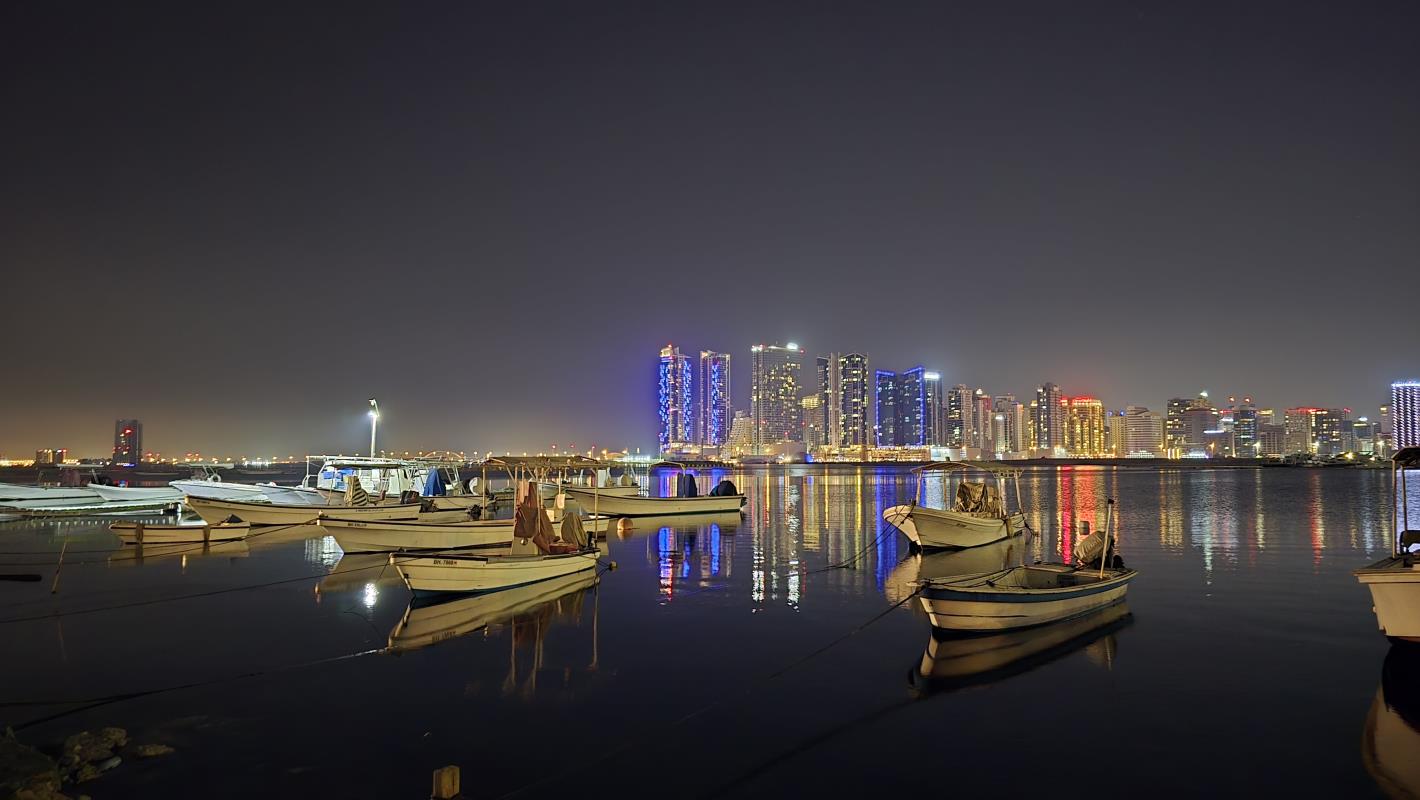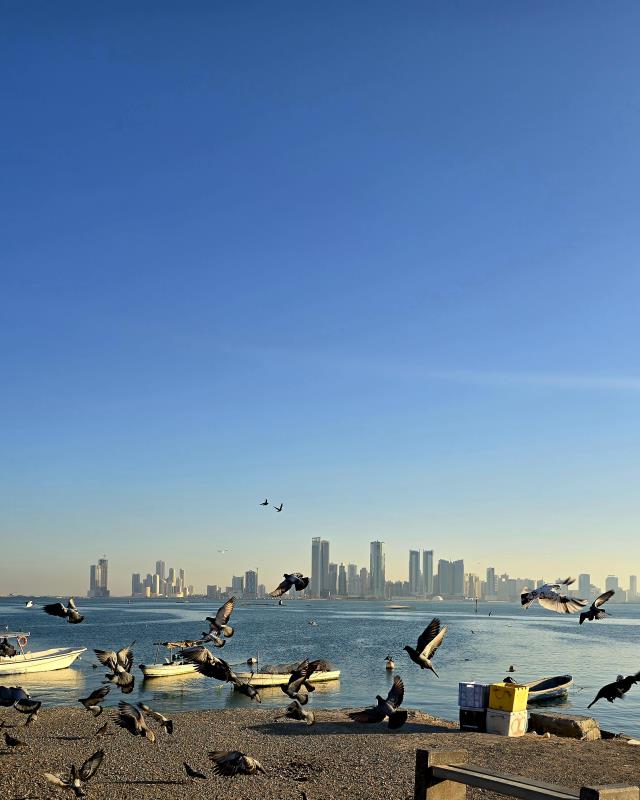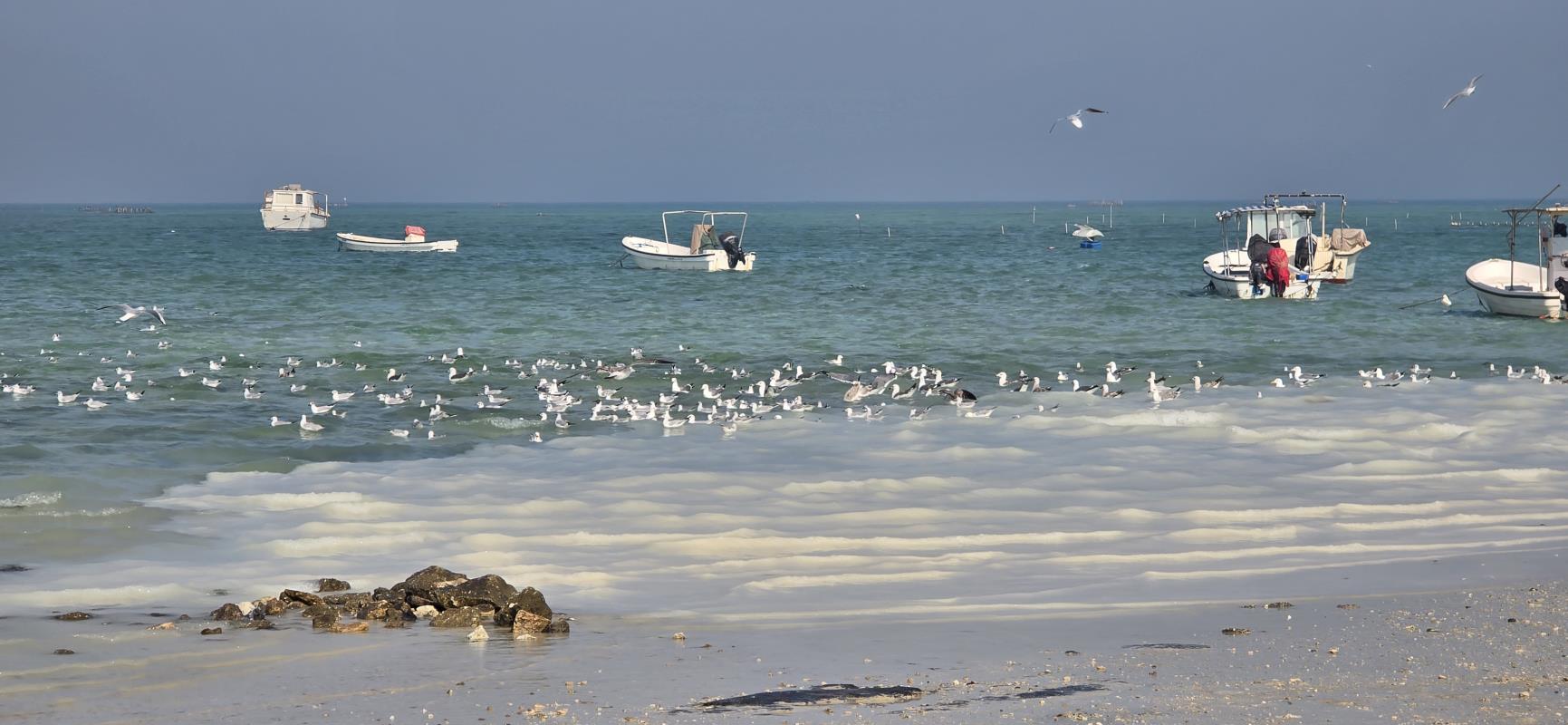
On this significant occasion of International Migrants Day (IMD), our collective attention is directed towards honoring the resilience, contributions, and inherent dignity of migrant communities worldwide. The commemoration of IMD not only acknowledges the strides made but also sheds light on the enduring challenges that persist in the realm of labor migration especially in Asia.
Before the onset of the COVID-19 pandemic, the world witnessed a persistent trend of labor rights violations, particularly affecting migrant workers (MWs). Exploitation, discrimination, a lack of social safety nets, hazardous living and working conditions, highlight systemic issues that demanded urgent attention. Efforts were being made globally to address these concerns, with initiatives like the International Convention on the Protection of the Rights of All Migrant Workers and Members of Their Families (ICRMW), International Labour Organization (ILO), Migration for Employment Convention ( and ILO Migrant Workers (Supplementary Provisions) Convention, serving as frameworks to protect MW’s rights and dignity.
Nevertheless, it is concerning to observe that several Asian countries, where citizens frequently seek employment in various regions of Asia and the Middle East, have not yet ratified essential conventions. Examples of such sending countries include Pakistan, Nepal, and India. This reluctance demonstrates a lack of commitment to securing protections for their citizens working abroad. It appears that the primary objective of labor-sending countries is to earn foreign remittances at any cost, often at the expense of their citizens' well-being.
As of April 28, 2023, 100 countries have either ratified, acceded to, or signed at least one of the three international conventions on migrant workers1. Sending countries such as Indonesia, Sri Lanka, Bangladesh, and the Philippines are among those that have signed at least one of the mentioned conventions.
While some receiving countries such as Singapore, Korea, and Japan have not ratified these conventions, despite benefiting from advantages or profits associated with migrant inflows that often fill gaps in cheap labor, it is noteworthy that there are other receiving countries, including Cambodia, Hong Kong, and Malaysia (Sabah), that have signed at least one of the mentioned conventions. However, the implementation concerning the protection of migrant workers' human, labor, and health rights in these countries is lacking.
During the COVID-19 pandemic, the vulnerabilities of MWs were furthermagnified, with global economic disruptions, widespread job losses, and heightened health concerns. Language barriers and inadequate understanding of essential health precautions became more pronounced, contributing to the difficulties experienced by MWs.
In the post-COVID landscape, MWs continue to endure the aftermath of the pandemic. The economic fallout has had a lasting impact, leading to prolonged job losses and financial insecurities for many. Governments need to play a crucial role in mitigating these challenges, not only by adhering to international frameworks like the International Convention but also by actively addressing key aspects such as bridging the digital divide and ensuring migrants' rights, as well as their essential health and well-being. It is evident that concerted efforts are needed to align labor practices in Asia with international standards, fostering a more equitable and just labor environment in the region.
In addition to the challenges posed by the COVID-19 pandemic, we cannot overlook the pressing issue of climate migration. The impact of environmental changes, exacerbated by the ongoing climate crisis, has led to the displacement of vulnerable communities. Rising sea levels, extreme weather events, and disruptions in traditional livelihoods contribute to the urgent need for governments to address the plight of climate migrants.
On this International Migrants’ Day, we call upon all governments to recognize the unique challenges faced by climate migrants and consider establishing a Loss and Damage Fund. This fund would play a crucial role in compensating individuals and families who endure hardships and losses due to climate-related displacement. By acknowledging the specific vulnerabilities of climate migrants, governments can demonstrate a commitment to a more inclusive and compassionate approach to migration, ensuring that no one is left behind in the face of environmental crises.
Furthermore, in the aftermath of the COVID-19 pandemic, it has become even more evident that access to healthcare is a fundamental right that should be extended to all migrant workers. The vulnerabilities exposed during the pandemic emphasize the imperative of ensuring that migrant workers have access to adequate healthcare services without facing discrimination or barriers.
On this International Migrants’ Day, we urge all governments to prioritize the implementation of Universal Health Coverage (UHC) for migrant workers. UHC not only safeguards the well-being of migrant communities but also contributes to the overall public health of the nations they contribute to. By providing comprehensive health services, including preventive, curative, and mental health care, governments can create
BUT NOT ILLEGAL. Countries suffering with illegal terrorist migrants, that should not happen. It is a curse to the world and humanity.


























































































